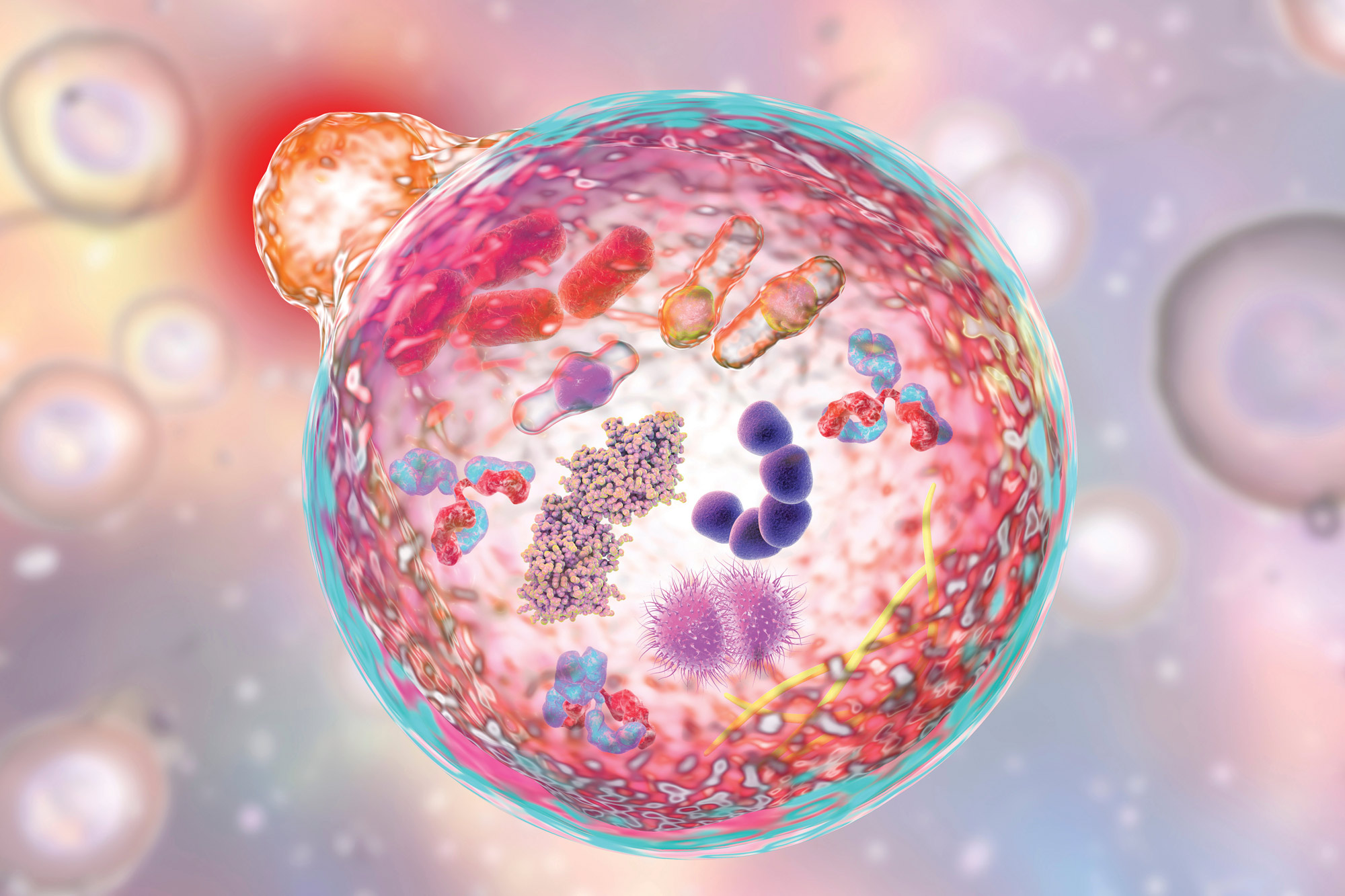
Published on Show Me Mizzou April 24, 2025
As humans age, our cells are under constant attack. They endure DNA damage from ultraviolet rays, irradiation, toxins and other environmental factors. For women, this process decreases egg quality over time and can lead to infertility, miscarriage, birth defects or genetic disorders.
The body does have a defense mechanism: autophagy, which maintains cellular health by essentially recycling the body’s own components.
In a recent study published in Nature Communication and funded by the National Institutes of Health, a team led by Ahmed Balboula, assistant professor in the College of Agriculture, Food and Natural Resources and researcher at the Roy Blunt NextGen Precision Health building, discovered that in female eggs, autophagy is less efficient when there is already moderate or severe DNA damage, which is more common in older women. This increases the risk of aneuploidy, or an abnormal number of chromosomes in a cell, which in turn is the leading genetic cause of miscarriage and congenital birth defects, including Down syndrome.
Fortunately, Balboula and team also discovered a possible solution: By stimulating the process of autophagy in female eggs, they improved egg quality and reduced DNA damage. Their findings open new directions for improving reproductive health for both humans and animals.
“The deactivation of autophagy that we found is likely just one of many underlying mechanisms contributing to aneuploidy,” Balboula says. “Going forward, I will continue to explore other underlying mechanisms contributing to poor egg quality.”
Read more about the work here.
To read more articles like this, become a Mizzou Alumni Association member and receive MIZZOU magazine in your mailbox. Click here to join.



